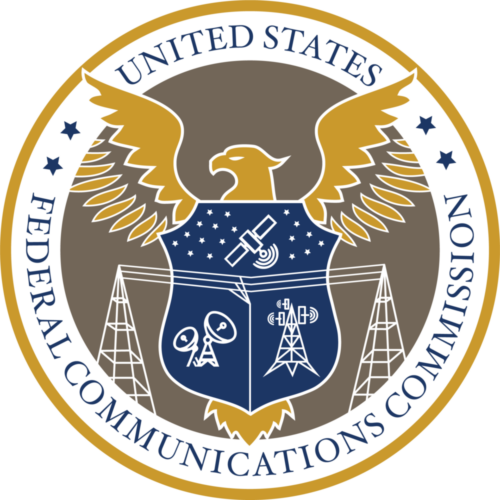
A Notice of Proposed Rulemaking from the FCC originally intended to support local journalism took a surprise left-turn in calling the efficacy of the Main Studio Rule elimination into question – and it could open a wasp’s nest for broadcasters.
Under former Chair Ajit Pai in 2017, the FCC moved to no longer require AM and FM stations to maintain a staffed physical studio in or near their community of license with program origination capability. This change was celebrated by most of the largest radio groups and the NAB, revolving around the benefits of cost-savings. One station owner said they, “Could easily save upwards of $100,000 per year in rent, utilities, insurance, payroll, etc.”
While the premise of the new NPRM is initially straightforward – “Our goal is to provide additional incentive to stations to provide programming that responds to the needs and interests of the communities they are licensed to serve” – it then publicly doubts the efficacy of the Main Studio Elimination Order.
Per the NPRM, “We tentatively conclude that locally originated programming usually reflects needs, interests, circumstances, or perspectives that may be quite pertinent to that community and that production of local broadcast programming remains a key consideration. We also question whether the Main Studio Elimination Order’s predictive judgment – that the Commission’s action there would foster creation of more and better local content – has actually come to pass.”
The new rule would provide priority staff review for processes like renewals, transfer, and assignment applications to licensees that certify their station provides an average of at least three hours of locally originated programming each week, favoring those that continued to live under Main Studio Rule. For applications with multiple stations, every station listed must meet the local origination criteria to qualify for expedited review.
So what defines locally originated programming? That’s what the FCC is asking broadcasters to help decide.
“We also invite comment on how to define programming ‘originated’ locally for purposes of qualifying for priority application review. We propose that any kind of activity involved in creating audio (radio) or video (TV) programming that occurs within the “local” market, as defined in this proceeding, would be sufficient. Local program origination could involve, for example, activities such as program scripting, recording (video or audio) at a studio or other location in the local market, or editing,” says the NPRM.
The NPRM also asks what they should define as a local market, asking if they should re-adopt the same definition used by the Main Studio Rule.
Republican Commissioner Brendan Carr expressed his dismay in a dissenting statement, saying he asked that references to the Main Studio Rule decision be removed, but his requests were denied. “My colleagues were only interested in moving forward with the localism proposal if they could also cast aspersion on the separate main studio rule along the way,” Carr said. “How can the FCC ground its localism proposal in the FCC’s record-less conclusion that the 2017 main studio repeal was an error while simultaneously not proposing to reinstate that rule?”
Broadcasters wishing to submit comments electronically or by paper can do so, referencing MB Docket No. 24-14, for 30 days after the date of publication in the Federal Register. Reply comments can be filed for an additional 30 days after that. The full Notice of Proposed Rulemaking can be read here.






The only broadcasters who are consistently operating outside of the “main studio rule” are the religious broadcasters, led by EMF. Although VCY and Relevant Radio do basically the same thing. They are all just repeaters of satellite services with no local studio. So this appears to be a new rule specifically targeting religious broadcasters.
Since when does any of the FCC Commissioners know how to run a local station or any station?
Instead, The Commissioners should go get their own listeners and audience and tell them they are listening to the wrong content.